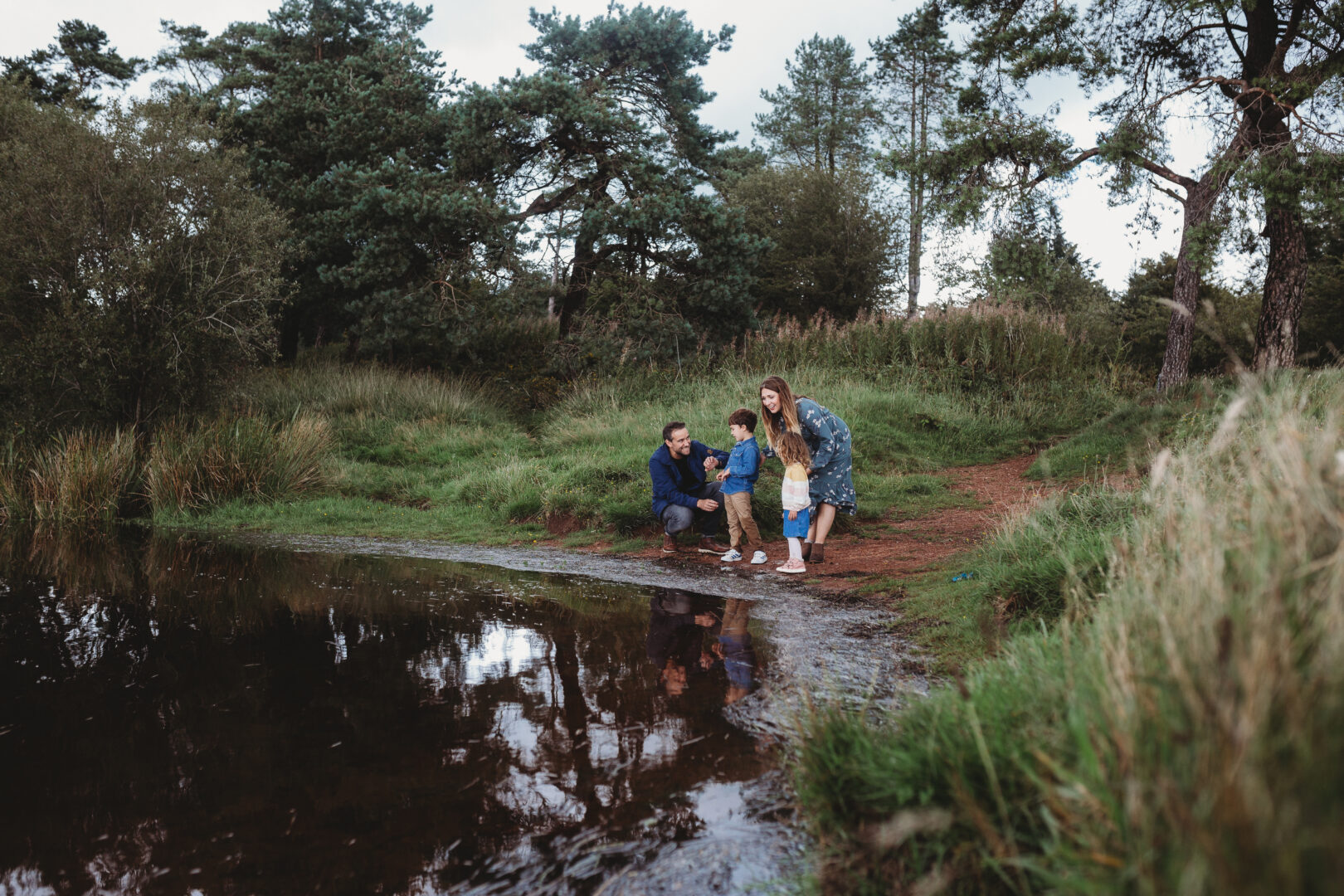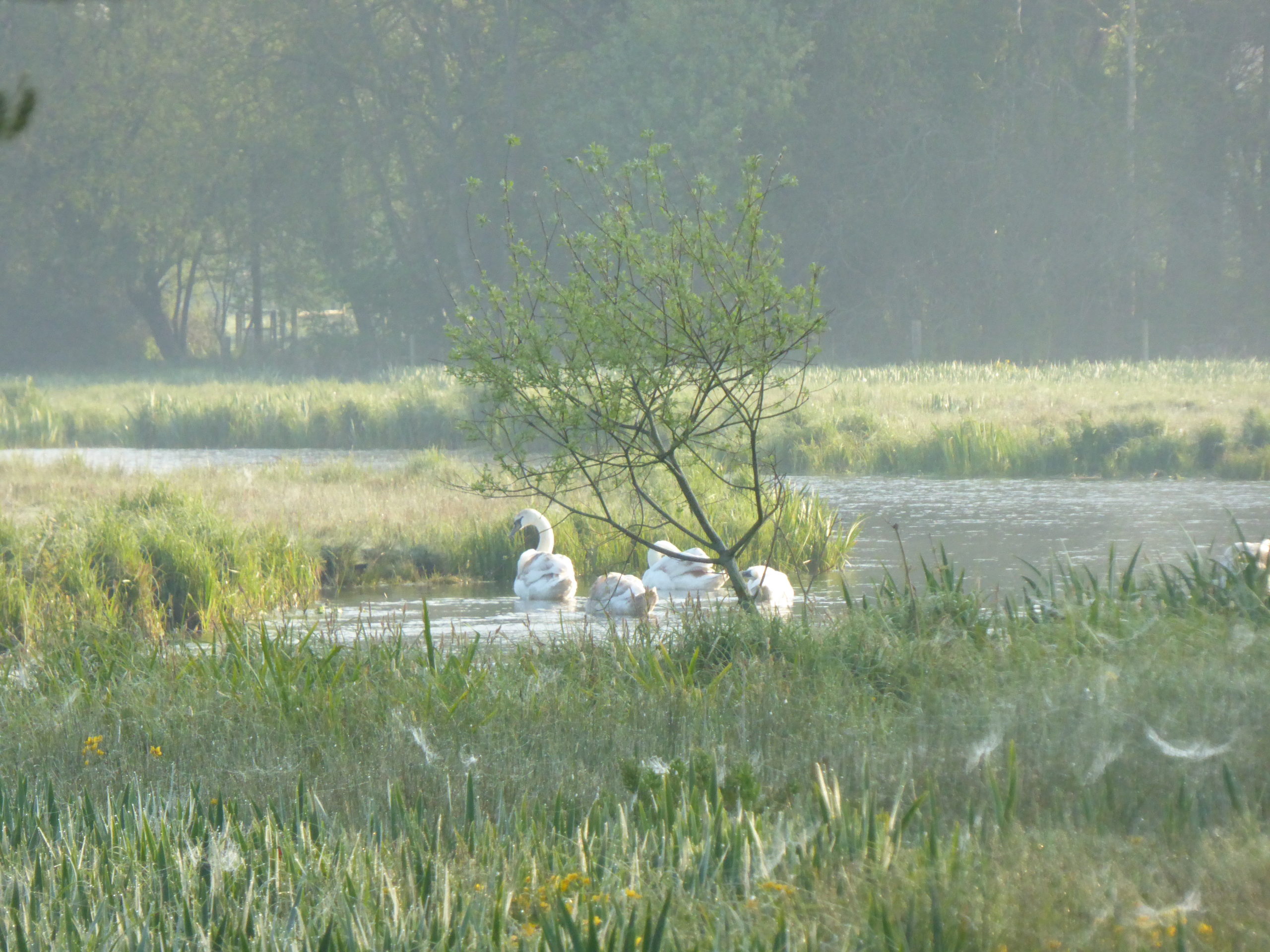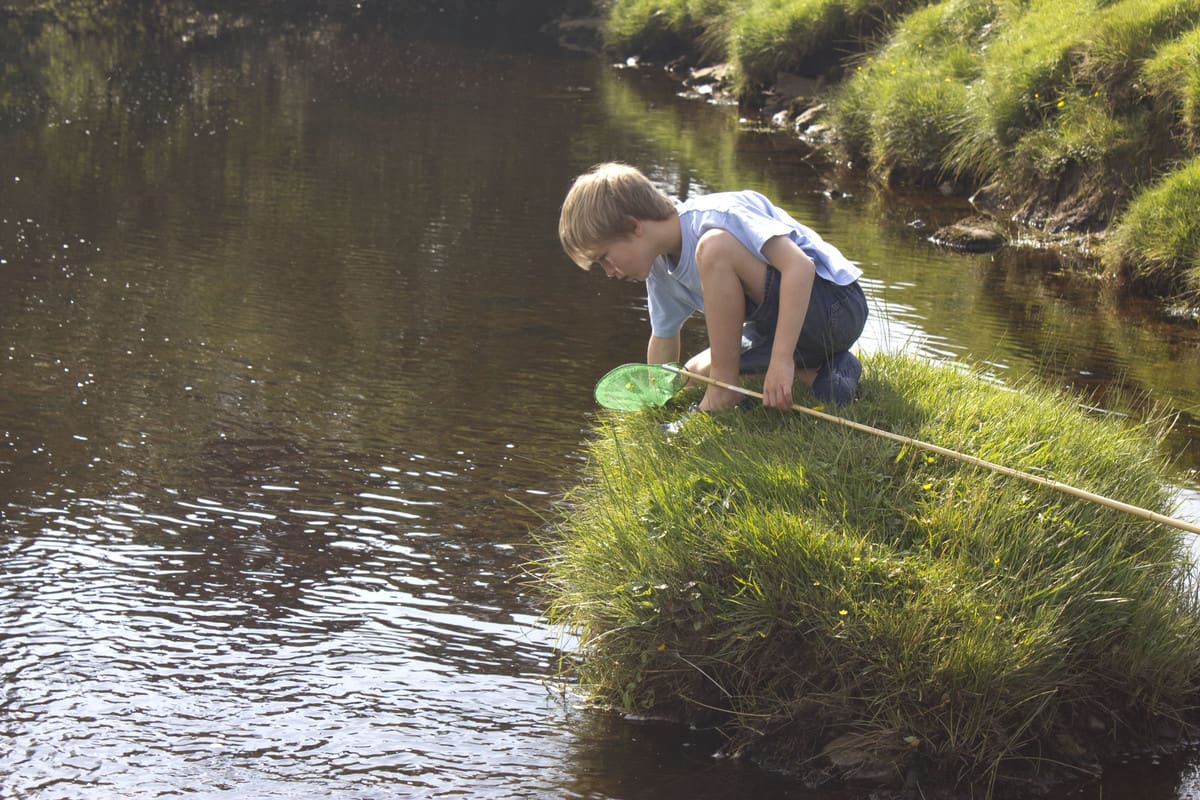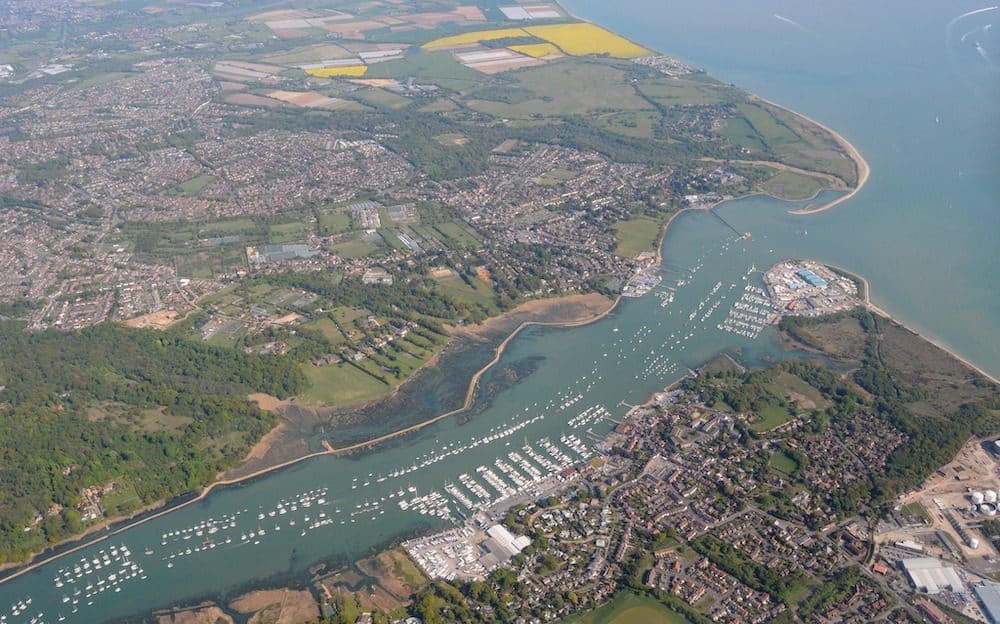Water

Our iconic chalk streams are biologically and economically important and are a beloved part of our Hampshire landscape.
Why is Water so important to CPRE Hampshire?
- Rich Aquatic Ecosystems: Hampshire’s rivers and streams support diverse wildlife, including salmon, trout, dragonflies, and mayflies.
- Vital Aquifers: The region’s aquifers are essential for providing clean water. However, they face challenges from overuse and climate change, which reduce their recharge periods.
- Social and Economic Importance: Rivers in Hampshire play a significant role in local activities such as watercress farming, fish farming, and fly-fishing, contributing to the economy and community life.
- Pollution and Conservation Efforts: Over-abstraction and pollution from sewage, excess nutrients, and household chemicals threaten water quality. Conservation efforts are crucial to protect these water sources.
- Flood Management: Effective catchment management is key to preventing flooding, which is often caused by inappropriate development.
Key issues
- Quantity: As stakeholders for Southern Water, we monitor their Resource, Catchment, and Drought Management plans. Hampshire could face a shortfall of around 192 million litres of water per day by 2035 during droughts.
- Quality: Nutrients like nitrogen (N) and phosphorus (P) play a significant role in water quality, and planning protocols are essential to manage their impact. The frequency and severity of combined sewer overflows (CSOs) are concerning, as is the state of the aged, inefficient wastewater infrastructure, including public sewers, drains, and private septic tanks. Household chemical cocktails also pose a threat.
- Demand: Building regulations (or the lack thereof) are crucial to regulate water demand. The goal is to reduce the average UK water use from 142 litres per person per day (lppd) to 100 lppd (Southern Water’s target) or 120 lppd (Government target). There are also plans for recycling by 2060.
- Behaviour: Misuse of rivers is a significant issue. This includes using riverbeds as driveways, dumping rubbish, and improper disposal of dog flea/pesticide control products.
Our Water Focus Group
CPRE Hampshire’s Water Focus Group monitors water issues and links planning to water management. It represents local views on water issues to national offices and encourages members to consider water in planning applications. They also liaise with other CPRE groups, river managers, trusts, and fishing groups to address water-related challenges.
Water Conservation Imperative
August 2025 – We would ask that all CPRE-H members do all that we can at this time of drought to conserve water. Using less water means less abstraction from our iconic rivers, the Test and Itchen. Reducing our water use will help maintain river flows and protect the natural environment that depends on these flows.
As most of you will know Southern Water have introduced a Temporary Use Ban (TUB) – commonly known as a ‘hosepipe ban’ – for their water customers from 9am on Monday 21st July 2025.
The flows in the Test and Itchen rivers – the main source of water for Southern Water customers in Hampshire and the Isle of Wight – are at a critically low level, down some 24% from normal for this time of year. They are now worse than the levels experienced in the 2022 drought.
To protect the aquatic life in the rivers, the Environment Agency and Natural England have set “hands off” minimum flows levels for the Test and Itchen. Flows are now below these levels on the River Test. Southern Water have had to make a Drought Order application to DEFRA on 18th July 2025 to keep abstracting water from the River Test to supply its customers.
Abstraction below this “hands off” level poses a threat to the River Test’s aquatic environment, possibly resulting in harm to trout, salmon and the invertebrate life that are the basis of the aquatic food chain.
If we don’t get more rain, or reduce our water consumption, a similar situation may arise on the River Itchen very soon.
Hopefully we can all do our bit to keep our iconic Chalk rivers flowing at environmentally safe levels at this critical time by reducing our water use.
Every litre we save is a litre of life preserved for the aquatic environment.
If anyone would like more information on practical measures to conserve water, then Southern Water have a range of advice on their website: https://www.southernwater.co.uk/help-and-support/how-to-save-water-in-your-home/







